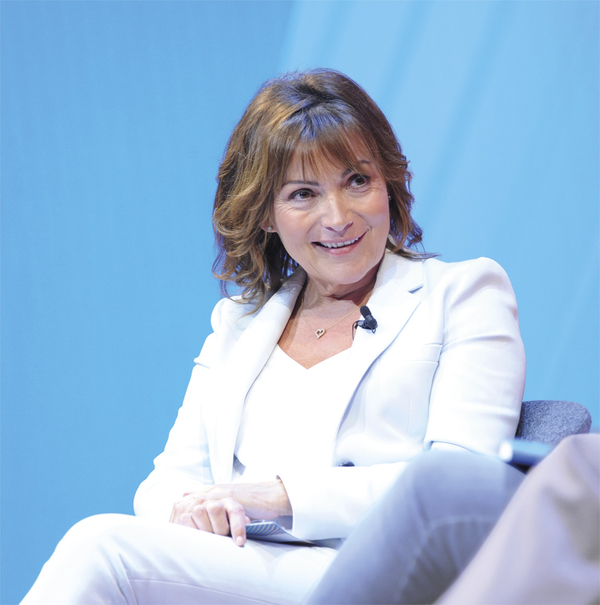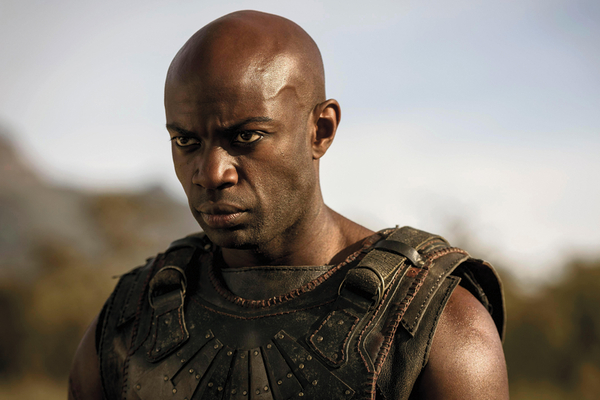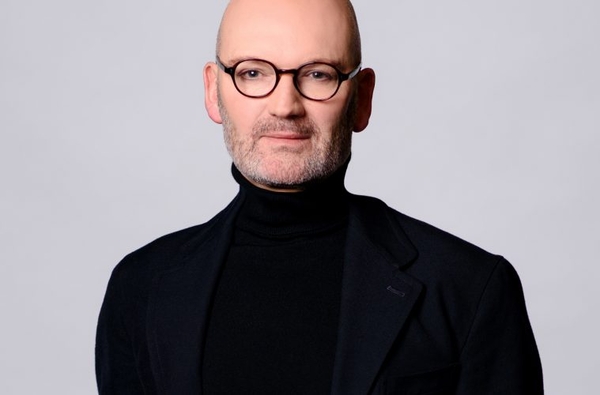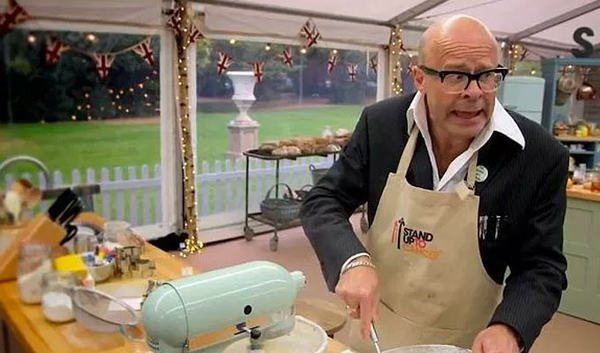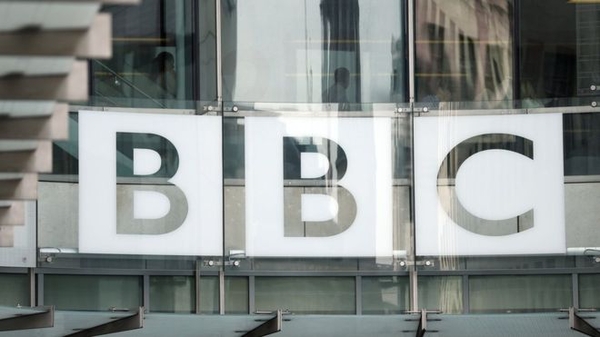ITV's pledge to transform inclusivity
In September, when dance troupe Diversity took to the stage for prime-time TV’s most controversial four minutes of 2020, one woman was watching especially intently – Ade Rawcliffe, ITV’s freshly promoted group director of diversity and inclusion.
“I was told they were going to do the dance. I thought it was incredibly moving, a wonderful creative expression,” she says of the group’s routine inspired by some of the year’s seminal events, not least the global Black Lives Matter protests.


